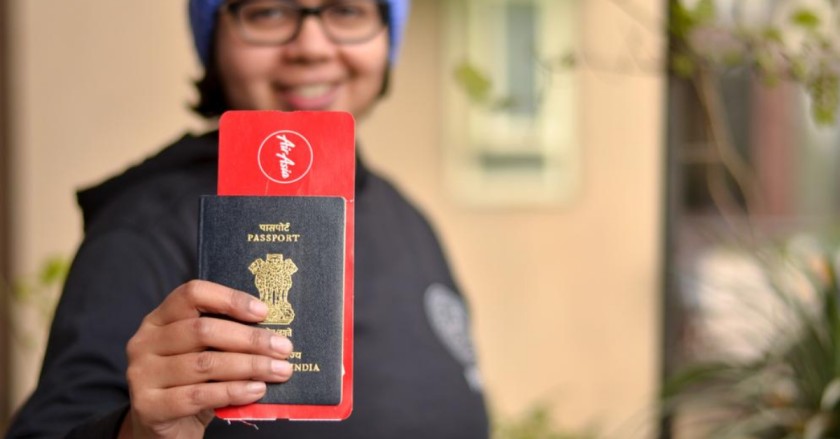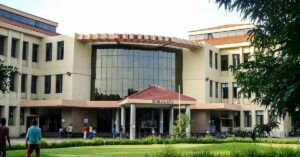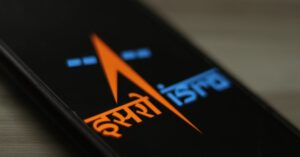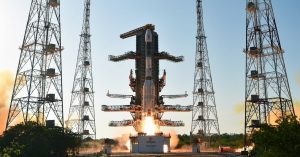H1B VISA: Are You Eligible? Exemptions From The Travel Ban Explained
The U.S. State Department has issued a revised travel advisory with exemptions given under the ‘national interest’ category.

The H1B visa under the U.S. Immigration and Nationality Act allows U.S. employers to employ foreign workers in speciality occupations for a duration of three years, extendable to six years. After completing six years, the visa holder will need to reapply.
In order to qualify for the visa, you must meet one of the following criteria:
Have completed a bachelor’s or higher degree required by the employer from an accredited college or university in the U.S.
Hold a foreign degree that is the equivalent to a U.S. bachelor’s or higher degree in the specialty occupation.
Hold an unrestricted state license, registration, or certification which authorises you to fully practice the specialty occupation and be engaged in that specialty in the state of intended employment.
Have education, training, or experience in the specialty that is equivalent to the completion of such a degree, and have recognition of expertise in the specialty through progressively responsible positions directly related to the specialty.
Several U.S. based companies depend on the H1B visa to hire thousands of employees each year from several countries including India.
But on 22 June, U.S. President Donald Trump had signed a proclamation suspending the entry of immigrants through the H1B and L1 visas till the end of the year following rising unemployment rates due to COVID-19.

On 12 August, the U.S. State Department issued a revised travel advisory with a few relaxations.
H1B and L-1 visas can now be issued for employees who are “seeking to resume ongoing employment in the United States in the same position with the same employer and visa classification”.
All those on H1B visas working in the healthcare sector, especially those related to the COVID-19 pandemic, or conducting ongoing medical research in an area with a substantial public health benefit (e.g. cancer or communicable disease research) are also exempted from the travel ban.
New factors also have been set forth to also allow H1B visas to be issued when at least two of the following five indicators are met.
The petitioning employer has a continued need for the services or labour to be performed by the H1B non-immigrant in the U.S. If an applicant is currently performing or is able to perform the essential functions of the position for the prospective employer remotely from outside the U.S., this criteria cannot be met, the State Department said.
The applicant’s proposed job duties or position within the petitioning company indicate that the individual will provide significant contributions to an employer meeting a critical infrastructure need. Critical infrastructure sectors are chemical, communications, dams, defense industrial base, emergency services, energy, financial services, food and agriculture, government facilities, healthcare and public health, information technology, nuclear reactors, transportation, and water systems.
The wage rate paid to the H1B applicant exceeds the prevailing wage rate by at least 15 per cent which suggests that the employee fills an important business need where an American worker is not available.
The H-1B applicant’s education, training and/or experience demonstrate unusual expertise in the occupation in which the applicant will be employed.
The denial of the visa will cause financial hardship to the U.S. employer.
The exemptions for L1 visas are mostly similar to that of the H1B. L-1A applicants seeking to establish a new office in the United States likely do not fall into this category, unless two of the three criteria are met and the new office will employ, directly or indirectly, five or more U.S. workers.
The national interest exemptions are available to their spouses and dependents as well, it said. These include those on H-4, L-2 and J-2 visas.
(Edited by Saiqua Sultan)
This story made me
- 97
- 121
- 89
- 167
Tell Us More
We bring stories straight from the heart of India, to inspire millions and create a wave of impact. Our positive movement is growing bigger everyday, and we would love for you to join it.
Please contribute whatever you can, every little penny helps our team in bringing you more stories that support dreams and spread hope.



















